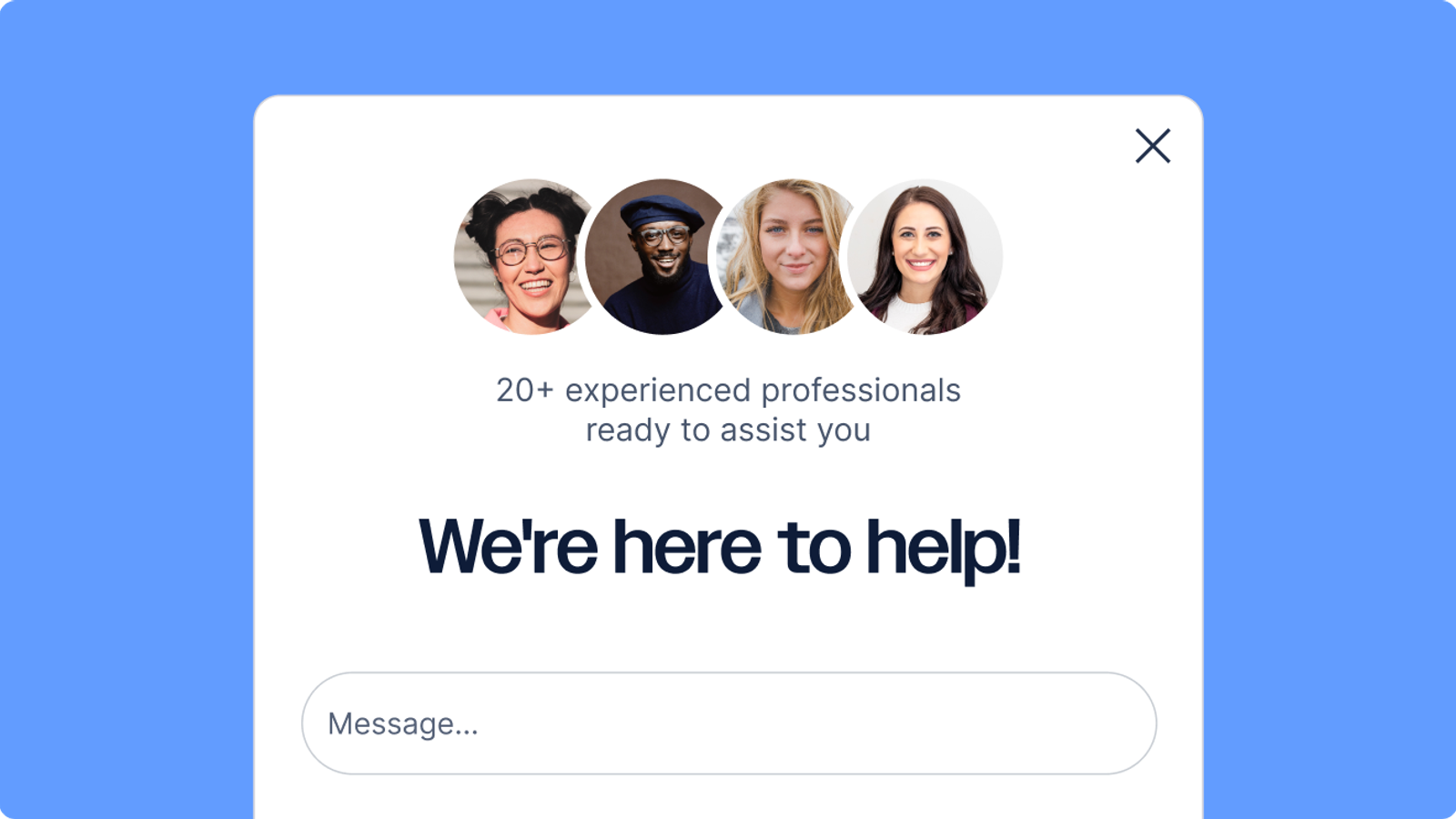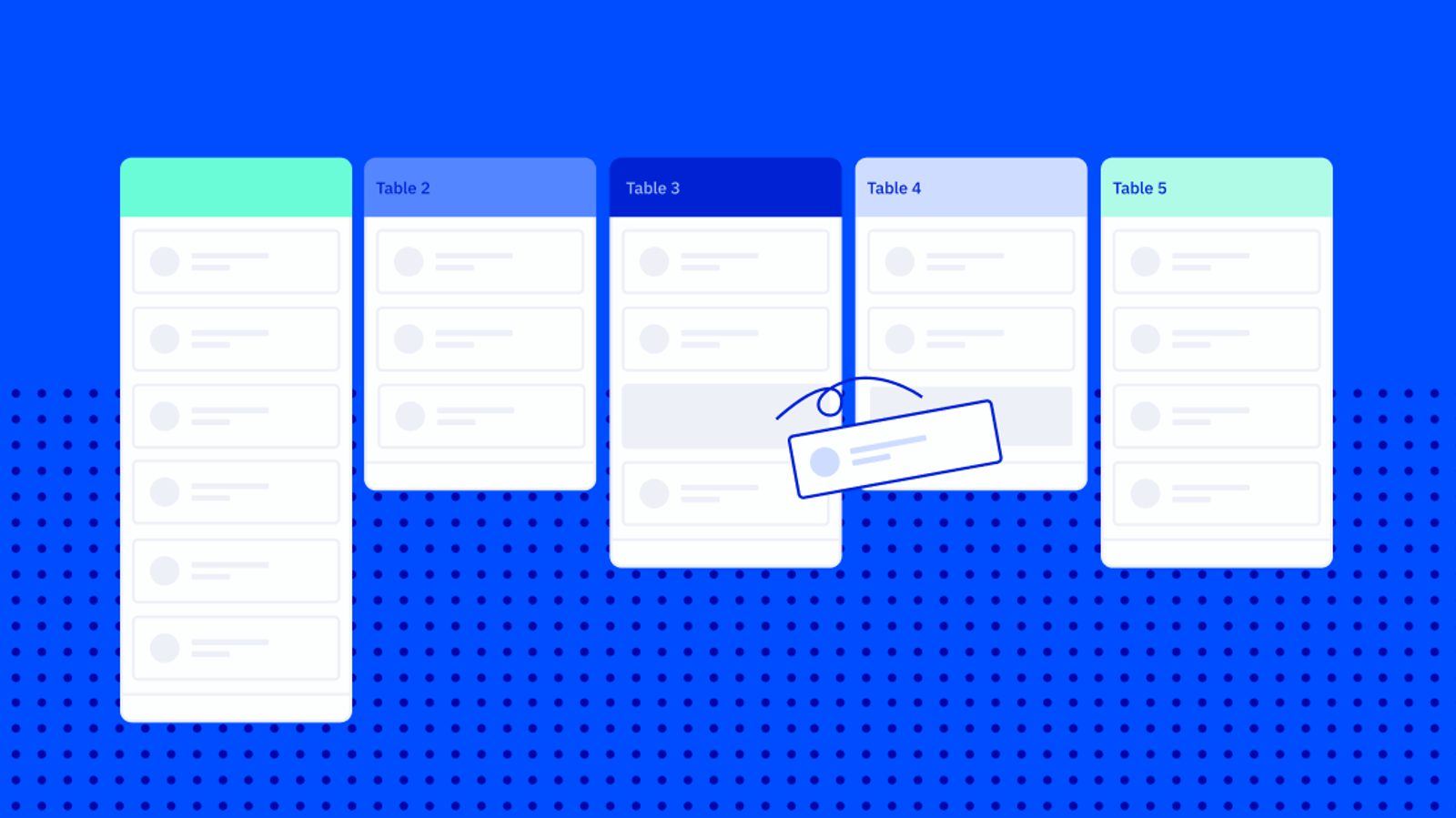Customer expectations for service are sky-high (and rising), and your customer service reps (CSRs) need the skills to meet them.
Customer interactions can make or break your business’s reputation:
- 62% of consumers share bad experiences with others
- 82% of customers in the US stopped doing business with a company because of a poor customer experience
- 95% of consumers say customer service is important in brand loyalty
With 80% of your future profits coming from 20% of your existing customers, your most important future customers are your current customers. So you’ll want to keep them around
It costs about 5x more to acquire a new customer than it does to keep an existing one. Not only that, but a 5% reduction in customer churn can increase profits by up to 125%. Customer churn is the number of customers who unsubscribe from your service or terminate their contracts
If your customer service agents practice the right skills, then you keep more customers for longer.
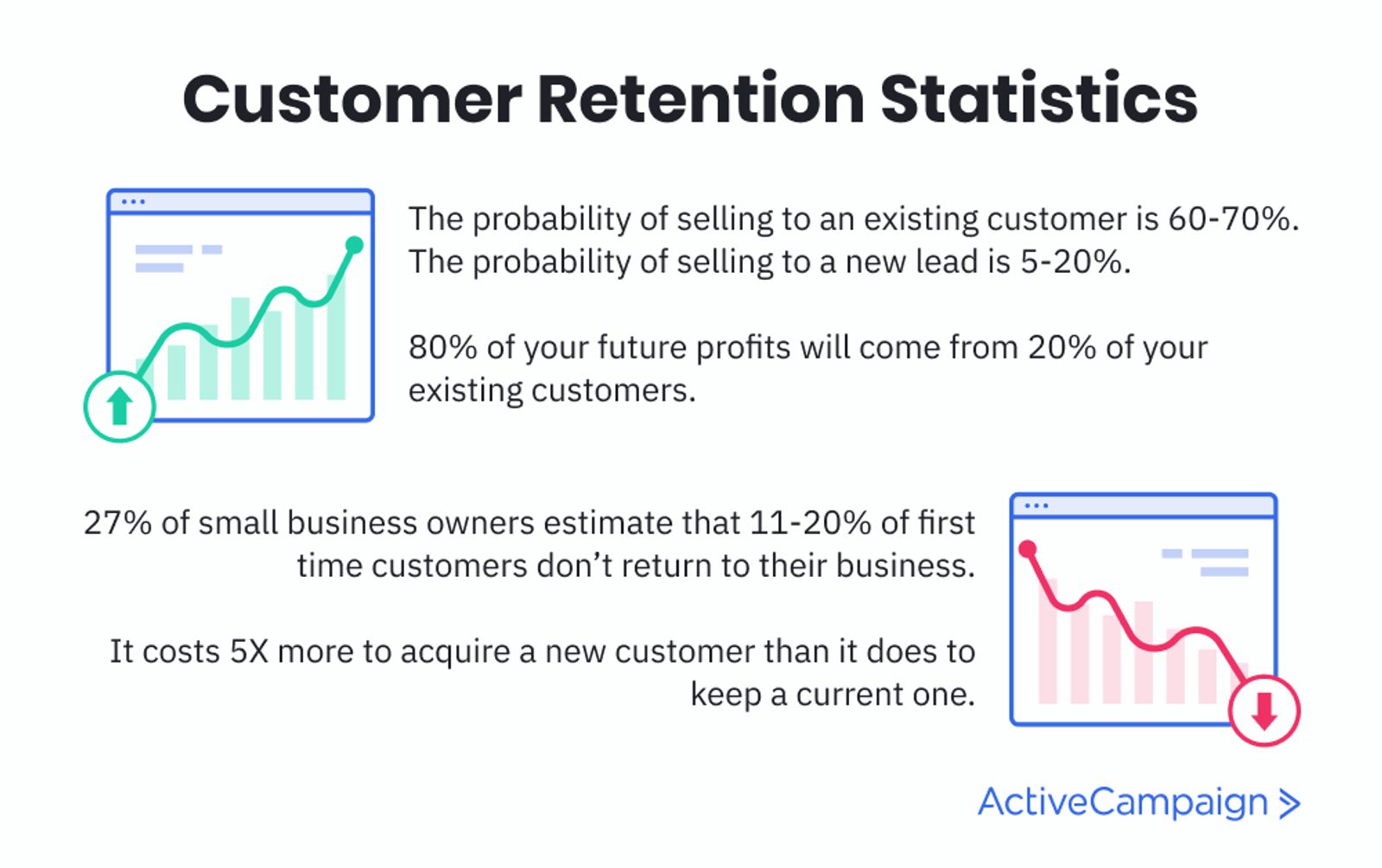
What are customer service skills?
Customer service skills are the abilities that help you meet the needs of your customers and solve their problems.
Customer service skills are:
- The talents and attributes that build strong customer relationships through positive customer experiences
- The phrases in positive company reviews that serve as the building blocks for company reputation
- “Friendly service!”
- “Knowledgeable staff”
- “Went the extra mile”
- “They understood my problem and helped me solve it”
- “Fast response time”
- “Reliable employees”
Keep reading to learn:
- 25 customer service skills to improve customer retention and acquisition
- 4 ways to improve your team’s customer service skills
Try it now, for free
25 customer service skills to improve customer retention and acquisition
There are a few types of customer service skills:
- Empathy
- Communication skills
- Product knowledge
- Problem solving
- Positive attitude
- Listening skills
- Personal responsibility
- Time management
Here are 25 customer service skills that are critical to customer satisfaction and retention:
- Empathy
- Self-control
- Professionalism
- Authenticity
- Acting ability
- Communication skills
- Persuasion
- Friendliness
- Conversational closing ability
- Collaboration
- Product knowledge
- Confidence
- Desire to learn
- Technical skills
- Problem-solving
- Creativity
- Adaptability and flexibility
- Positive attitude
- Positive language
- Ability to ‘let it go’
- Listening skills
- Personal responsibility
- Tenacity and resilience
- Willingness to go above and beyond
- Time management
1. Empathy
Empathy is the ability to understand and share the feelings of another person. Empathy should not be confused with sympathy, which is the taking on of another’s emotions.
Empathy helps customer service reps:
- Create and strengthen relationships
- Build trust
- Make customers feel comfortable and cared for
- Connect with customers like a friend
- Make customers feel valued
Customers want human interaction. In fact, 70% of consumers prefer human interaction over automated service. When customer service reps practice empathy, customer satisfaction rates improve.
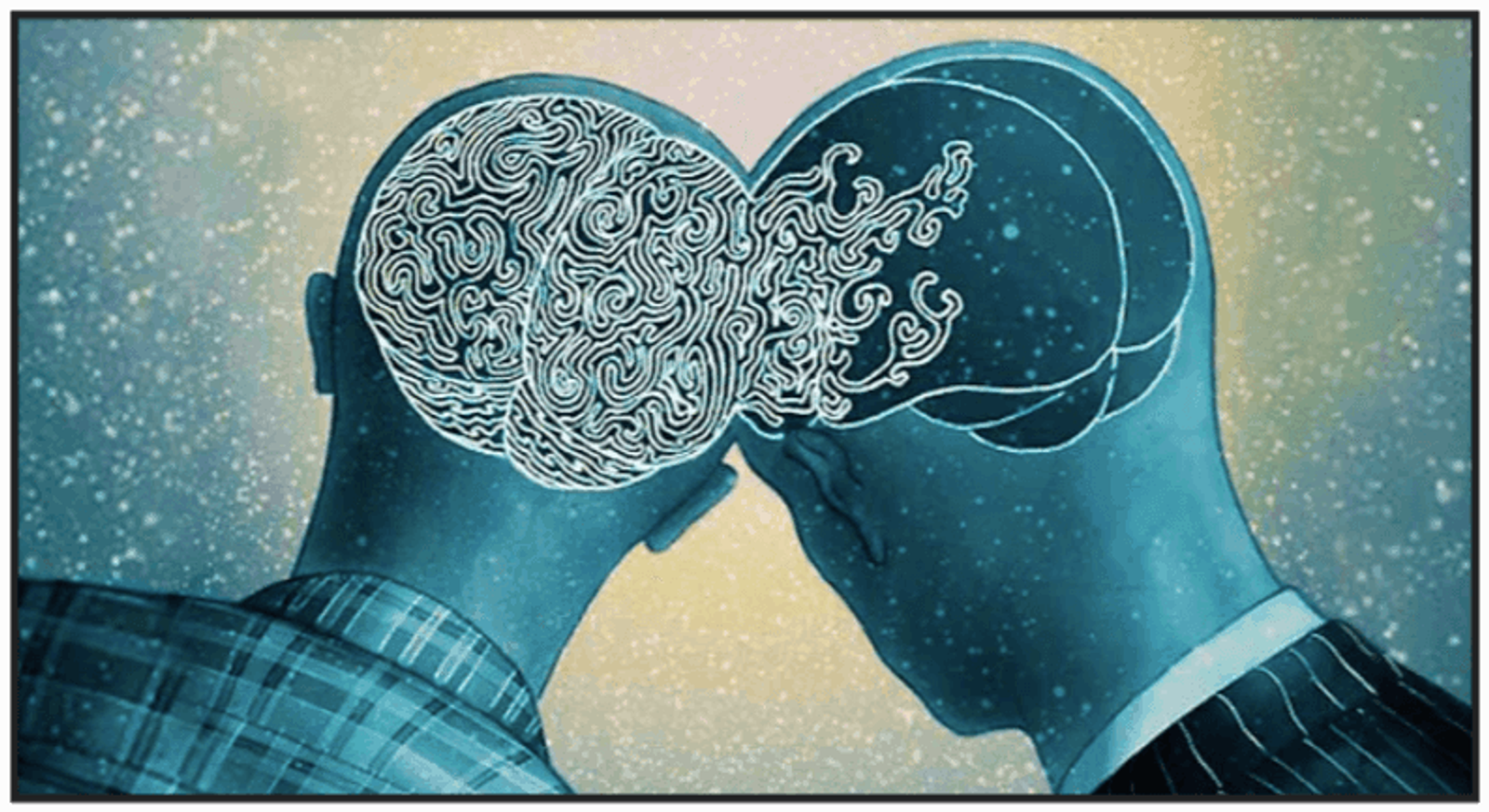
Empathy leads to trust, and trust leads to repeat business. 82% of US consumers will continue to buy from a brand they trust, even if a newer, more trendy brand emerges.
Take an extra moment to consider how the other person feels, or ask them. With some practice, empathy will become a natural part of the process, and customer relationships improve as a result.
2. Self-control
Customer service reps need to remain in control of their emotions and convey a genuine understanding of the customer’s needs without taking them on or dismissing them.
“If you speak when you are angry, you’ll make the best speech you’ll ever regret.” – Groucho Marx
Self-control is critical to staying cool in tough situations. Customer service agents primarily deal with customers who are having a tough time. They have problems, they’re frustrated, and sometimes they lash out.
Ask a customer service agent — I’m sure they’ll have stories for you.
The customer service specialist must practice self-control and stay grounded. Their role is to stay calm and collected, not to rise and meet the customer where they are — even though they might reeeeallllly want to.
“You have no control over what the other guy does. You only have control over what you do.” – A. J. Kitt
When customer service agents practice self-control:
- They become a calming presence to the customer
- Their demeanor assures the customer that the problem is under control
- They create and support a positive reputation for the business
You can strengthen self-control through meditation or breathing exercises. When faced with a tough situation that requires some restraint, close your eyes and count to 5 or 10 before responding. This might feel childish, but it prevents gut-reactions and improves self-control.
3. Professionalism
Strong customer support reps stay professional even when the situation or customer doesn’t. Professionalism and self-control complement one another.
Professionalism is different than “being a professional”. It’s the conduct that defines a role.
In many cases, customer service agents are the face of the organization, so their demeanor and actions matter. When customer service reps remain positive, professional, and friendly, they make customers fall in love with the brand.
Patricia Dorch’s book, Professionalism: New Rules for Workplace Career Success, is a step-by-step guide on how to improve professionalism across different areas:
- Accountability
- Integrity
- Etiquette
- Body language
- Appearance
- Behavior
- Personal branding
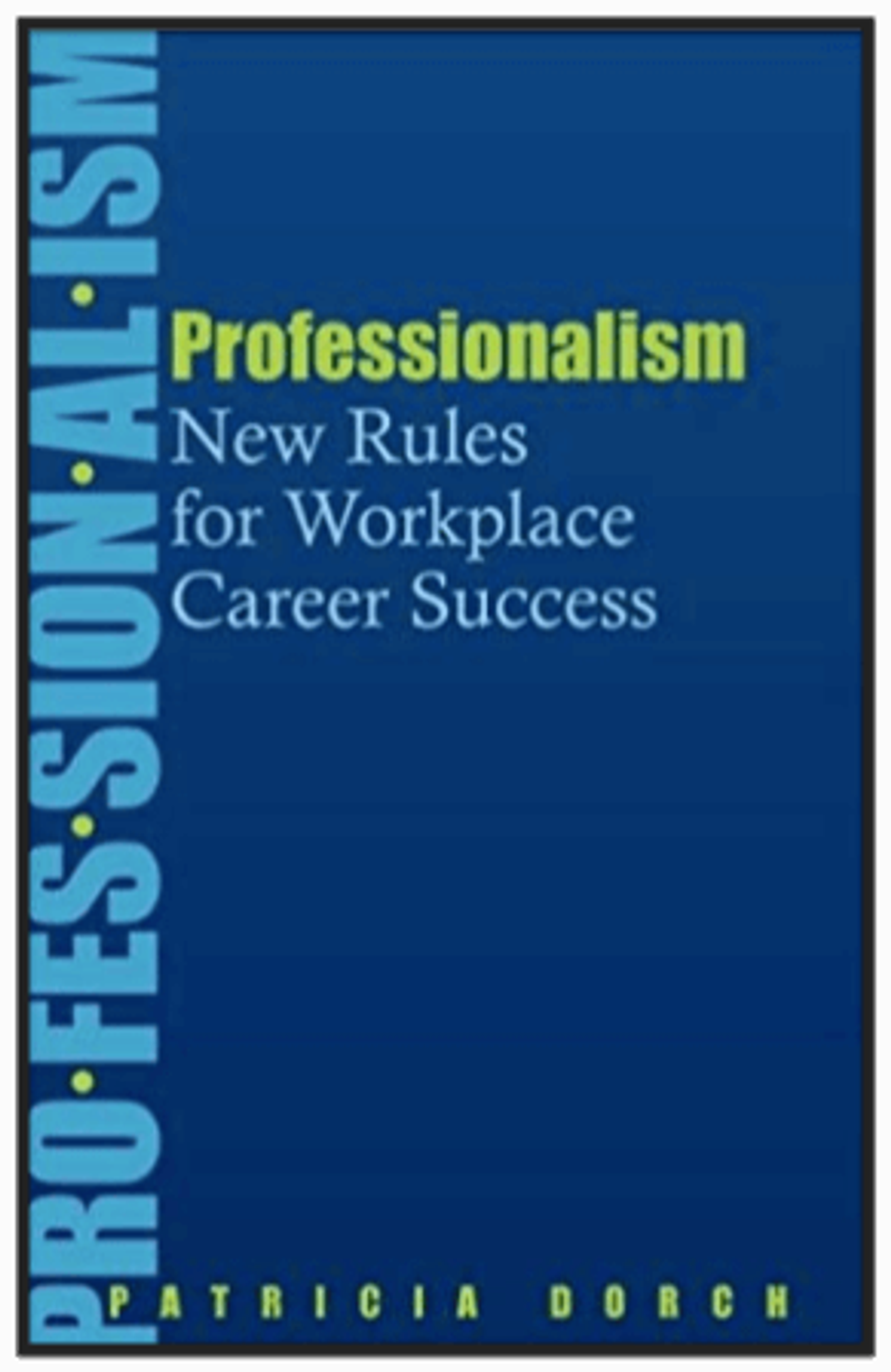
Strong professionalism means managing business and customer situations with proficiency.
This is a great resource for CSRs working to improve their professionalism.
4. Authenticity
Today, more and more of our customer service interactions are automated. In fact, Microsoft found that 77% of consumers have used an automated self-service portal. They also discovered that 30% of consumers were most frustrated by not being able to reach a real human.
When a customer needs an actual human, they should be able to get to one — and the interaction needs to be personalized.
Customers interact with automated menus, listen to pre-written responses, and read generic help articles all the time. When an issue requires a human touch, the customer service reps with genuine conversations will be the most successful.
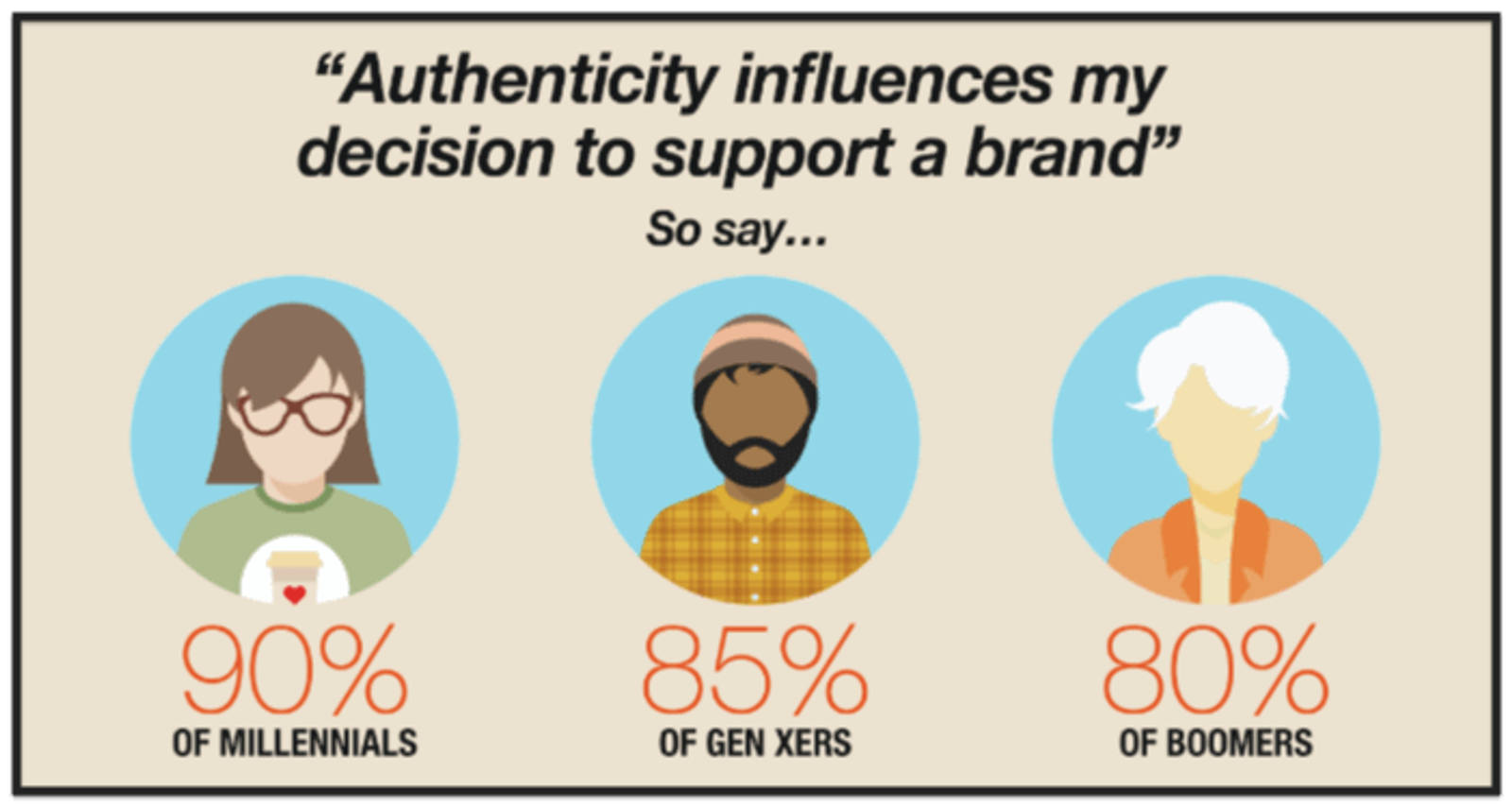
The best way to improve authenticity is to tell the truth. Customers appreciate honesty and transparency, even when it’s not what what they want to hear.
5. Acting ability
What about those days where you just don’t have it? You couldn’t sleep, the train was delayed, and you spilled coffee on your pants.
It happens, and it’s far from ideal. But customer issues don’t stop and customers don’t know that you’re having an absolute train-wreck of a morning. They care about their issues and expect you to care too.
Sometimes, you have to ‘fake it till you make it.’

Customer service reps are responsible for the customer’s satisfaction, and the customer’s satisfaction is responsible for the business’s reputation.
Sometimes you have to act like it’s all okay to make sure it’ll all be okay.
6. Communication skills
In a job where explaining solutions is the main task, clear communication is essential. Unfortunately, many businesses miss the mark:
- 86% of customers have to contact customer service multiple times for the same reason
- 84% of customer service agents can’t answer the customer’s questions
- 83% of consumers have to repeat the same information to multiple reps
Effective communication starts with clarity. Clarify:
- The problem
- What is it?
- How long has it been an issue?
- How severe is it?
- What happens next?

The first step is to understand the problem, and that means listening (skill #21).
Communication is a two-way street. Listen first, understand, then clearly state the solution.
“Does that make sense?”
Ask for confirmation to keep the customer engaged and ensure you solve the correct issue.
Vague phrases lead to confusion and doubt. Instead, use affirmative statements and improve clarity.
- “This can be effective” → “This is effective”
- “It’s kind of warm” → “I’m warm”
- “Yeah, something like that.” → “Yes.”
7. Persuasion
Persuasion is often perceived as negative or disingenuous, especially in business. Images come to mind of a fast-talking used-car salesman with slicked-back hair, convincing you that some rusted out jalopy is a great deal — and our defenses go up.
This isn’t the type of persuasion we’re talking about here.
Persuasion as a customer service skill means:
- Convincing a current customer to remain a customer when they plan to leave
- Helping a customer realize that the situation isn’t as bad as they thought
- Showing the customer that more of their needs could be met on a higher plan
“Selling is the process of persuading a person that your product or service is of greater value to him than the price you’re asking for it.” – Brian Tracy
Persuasion in customer service helps reduce churn. Customer service agents have to make customers feel valued, convince them that your product or service is good for them, and make them believe that they should remain a customer.
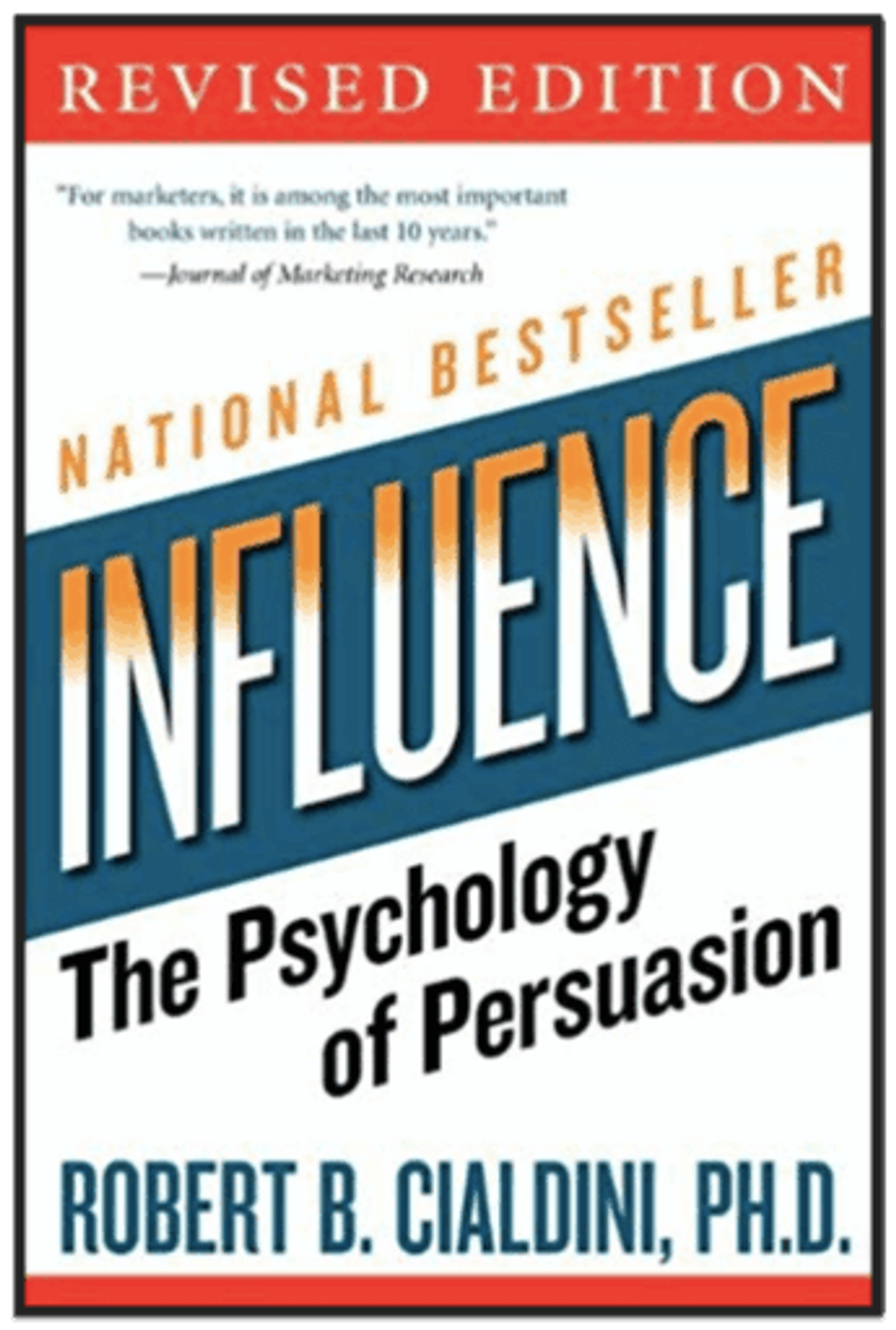
Persuasion and self-control (skill #2) are linked as customer service representatives often practice both skills at the same time. Instead of losing your cool (and the customer), CSRs remain in control of themselves and the customer situation.
Persuasion is also linked to friendliness (skill #8) – as President Lincoln put it:
“If you wish to win a man over to your ideas, first make him your friend.” – Abraham Lincoln
8. Friendliness
Trader Joe’s has the highest customer satisfaction among supermarkets, and all retailers in America.
Why?
Not just because they have healthy alternatives and private-label foods, but because of a little thing known as ‘friendliness.’ Trader Joe’s employees are so attentive, quick, and thorough that they were voted as the supermarket customers were most likely to recommend to others.
Trader Joe’s employees are so responsive they’ll even have a taste test of a product with you in the aisles of the supermarket!
“They're [Trader Joe’s employees] super friendly… and it's always, “Hi, how are you doing? Where have you been?” Oh you had this happen? Our one employee that we talk to all the time knew we were celebrating so she went to the flower department and gave us a bouquet of flowers. – Sandy Shelly, Pittsburgh Trader Joe's customer
75% of customers leave a company after dealing with unfriendly customer support, so it’s easy to see why Trader Joe’s enjoys such great success.
Friendly customer service agents strengthen customer relationships and create customer loyalty.
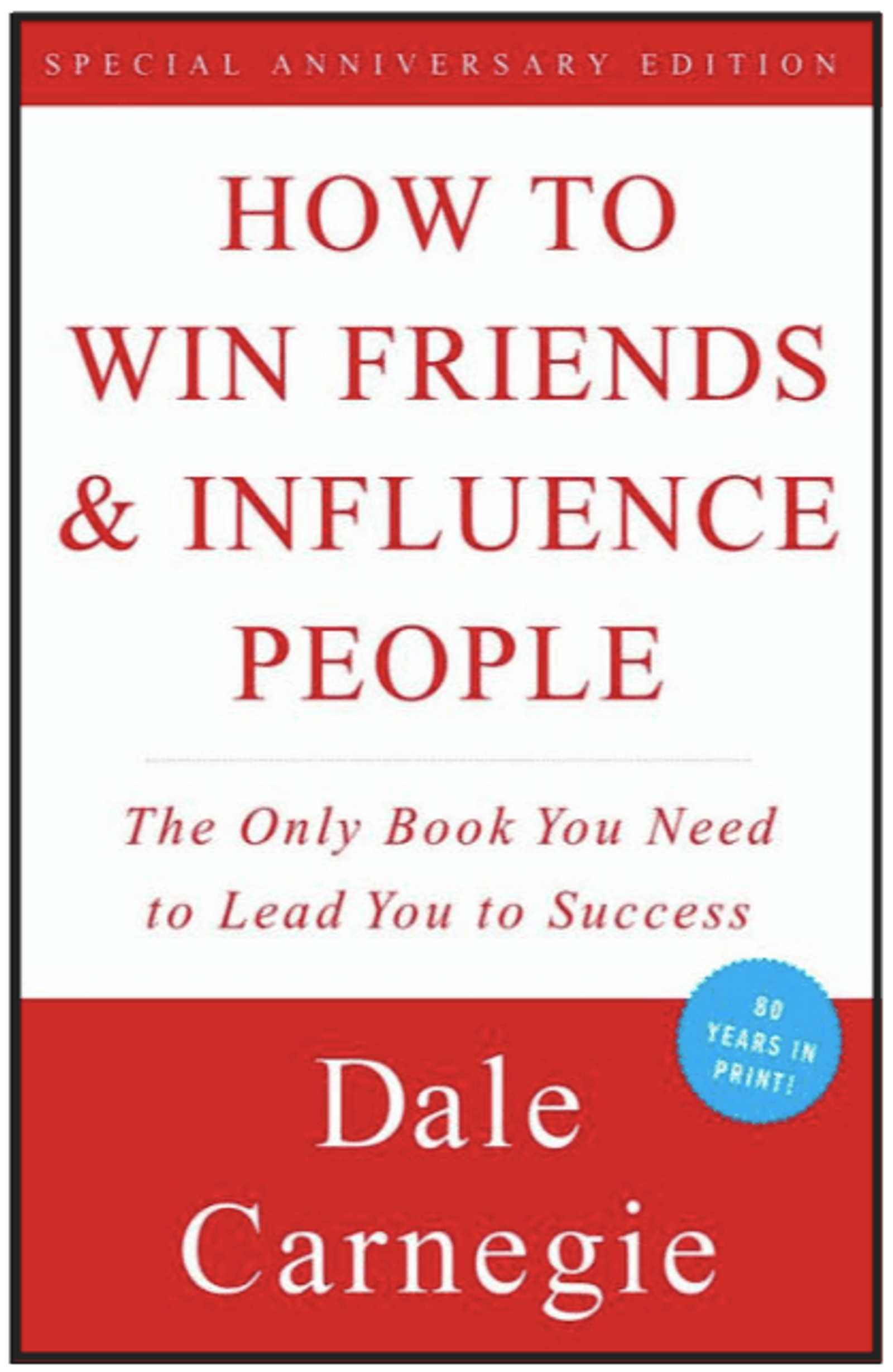
9. Conversational closing ability
The customer service agent role is demanding. Agents have to respond to customers as fast as possible, solve their problem, and take the next customer in line. At ActiveCampaign, CSRs are assigned up to 40 tickets a day!
The volume of customer incident tickets depends on a few things:
- Customer count
- More customers = more customer issues
Once support reps solve the issue and close the ticket, they don’t have time to continue the conversation — they have to meet the demand of the remaining tickets.
Without a strong closing ability, they could end up like this Zappos employee who spent 10 hours and 43 minutes on one call.
You can improve your ability to (politely) end a conversation by having a strategy at the beginning of the call. The art of ending a conversation comes with practice, and CSR’s can rely on a statement such as:
“Well, I’ve got a scheduled call in a couple of minutes so I have to get going!”
10. Collaboration
“It is the long history of humankind (and animal kind, too) that those who learned to collaborate and improvise most effectively have prevailed.” – Charles Darwin
Customer service is about problem-solving. As certain problems reoccur, agents gain experience, solve issues more efficiently, and even become specialized. When teams share knowledge and work together to solve a problem, everybody wins.
Merriam-Webster defines collaboration as “working jointly with others or together, especially in an intellectual endeavor.”
Collaboration involves:
- Communicating with team members
- Learning from experience (personal and external)
- Sharing knowledge and expertise
- Group problem solving
And it’s a huge advantage for customer service reps when they’re good at it. To get good at it start by asking your coworkers for their opinions. Questions like:
- How would you handle this?
- What’s the best way to do this?
- What do you think about ____?
- Is there a better way to get this done?
These questions open the door for team collaboration. The more you collaborate the better your ability to listen (skill #21), communicate (skill #6), and solve problems (skill #15) will be.
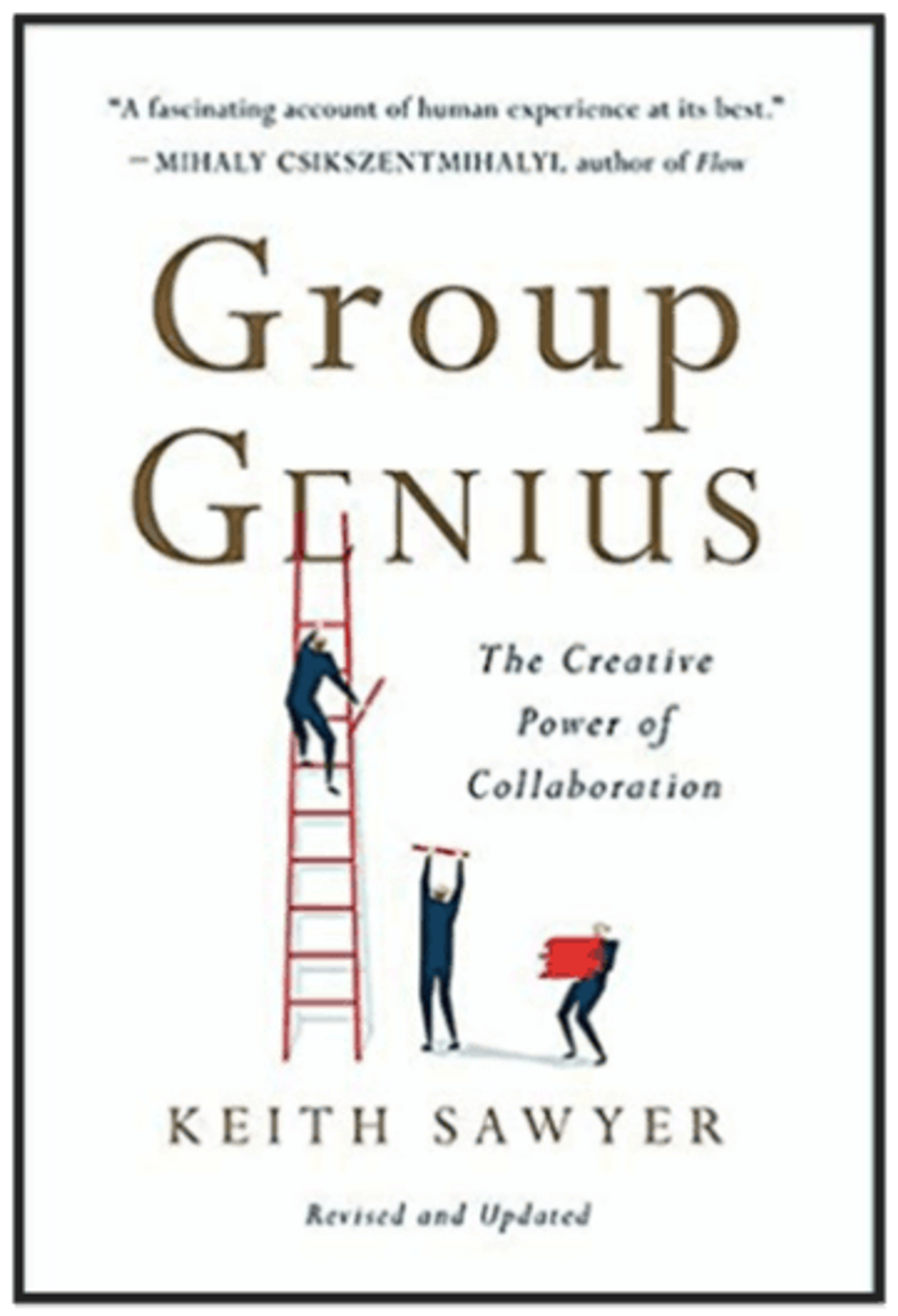
11. Product knowledge
It makes sense that you’d need product knowledge to solve problems customers have with your product. Strong product knowledge isn’t something you’re born with.
This knowledge comes with time and experience. There are no shortcuts to product knowledge — but a desire to learn (skill #13) and a genuine interest in the product will make it stick.
Ask seasoned coworkers questions, shadow calls, and use your product yourself. There’s no substitute for personal experience. Figuring it out for yourself makes helping others easier.
12. Confidence
With product knowledge comes confidence. But confidence doesn’t mean that you have to know everything.
“The most confident people are willing to acknowledge where they don’t have the information. They might say, ‘I don’t have the answer to that, but I will get it for you for our next call’ and they follow through.” – Dathan Brown, SDR Manager at ActiveCampaign
Confidence means taking charge of the situation in a way that lets the customer know they can trust you. They don’t have to worry because you’ll take care of it. Confidence puts the customer at ease and tells them you’re reliable and honest.
This strengthens the relationship and improves customer satisfaction.
The best way to improve your confidence is to act confident in the face of fear. Use your acting ability (skill #5) and assume a more confident persona. Katty Kay and Claire Shipman outline how we can improve our confidence in their book, The Confidence Code.
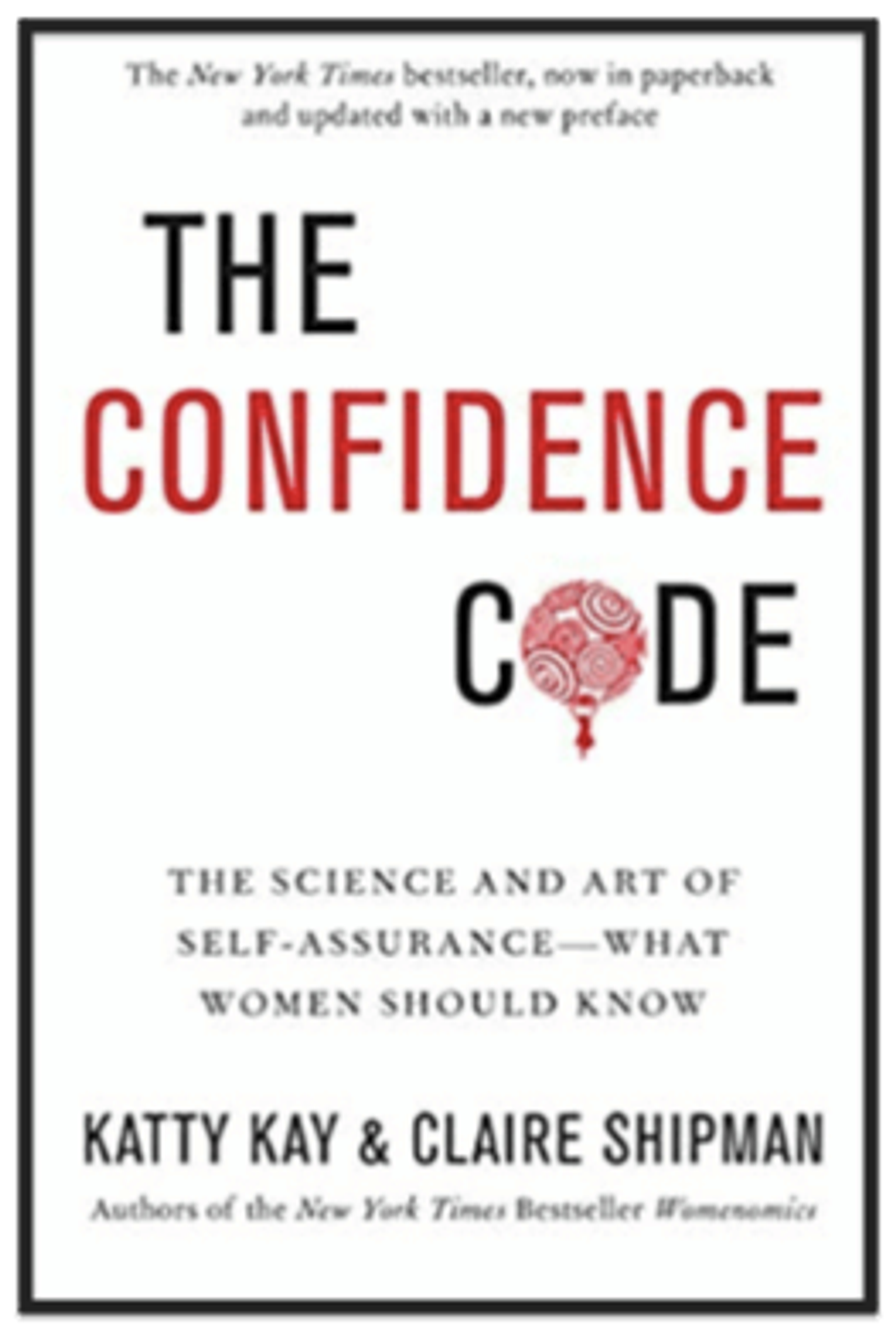
Their research found that choosing confidence by taking action and courting risk actually changes our physical wiring. Kay and Shipman found that confidence is influenced by genetics, but it’s not a fixed psychological state. Everyone can build confidence. As Richard Pascale said,
“Act your way into a new way of thinking, rather than think your way into a new way of acting.”

13. Desire to learn
“Learning is not attained by chance, it must be sought for with ardor and attended to with diligence.” – Abigail Adams
What our second first lady meant was that learning isn’t automatic; you have to want to learn. The desire to learn is a priceless attribute because there’s always more to learn.
Customer service reps learn:
- New situations
- New solutions to old problems
- Product updates
- Workarounds
- Feature expansions
- New ways to apply old solutions
- Old ways to apply new solutions
Customer service agents with a strong desire to learn will be successful anywhere.
To increase your desire to learn, try to shift your mindset from “I have to do this” to “I get to do this.” You get to learn about your customers, you get to find new solutions, you get to learn new ways to use the product.
Approach every customer service call with a desire to learn and your conversations will be interesting and rewarding. You’ll be more engaged and customers will feel heard and appreciated. Not to mention, you’ll actually learn!
14. Technical skills
Customer service agents use a variety of tools and technologies to help them in their roles:
- Ticketing system
- Unified communication tool
- Phone system
- Internal knowledge database
The knowledge of how to use them, where specific information is stored, and how to navigate the deeper facets of each tool reduces the time spent on each ticket.
Workarounds and troubleshooting are two big pieces of a customer support role. There’s more than 1 way to solve most problems and more than 1 cause to the problem.
For example, if a customer’s account isn’t reflecting a billing change it might be because:
- The connection timed out
- The WiFi needs to be reset
- They entered incorrect information
- The information’s format is wrong
- The changes weren’t saved
- The previous information is still in the system
- The platform rejected the changes
- The changes need approval or confirmation
This is where technical knowledge shines.
Technical knowledge keeps these solutions and strategies organized and accessible, making it a great asset to any support team. It’s a customer service skill for your CV or your resume.
Improving technical skills comes with time and organization. A strong desire to learn (skill #13) helps to retain the information you take in. Collaborate with your coworkers, ask questions and learn from them.
15. Problem solving
“Inside of every problem lies an opportunity.” – Robert Kiposaki
Customer service is about solving problems. You can’t be sure which problems you’ll have to solve, only that there will be problems.
But every problem is an opportunity to:
- Turn someone’s day around
- Create and strengthen customer relationships
- Build confidence and trust in your product
- Inspire customer retention and loyalty
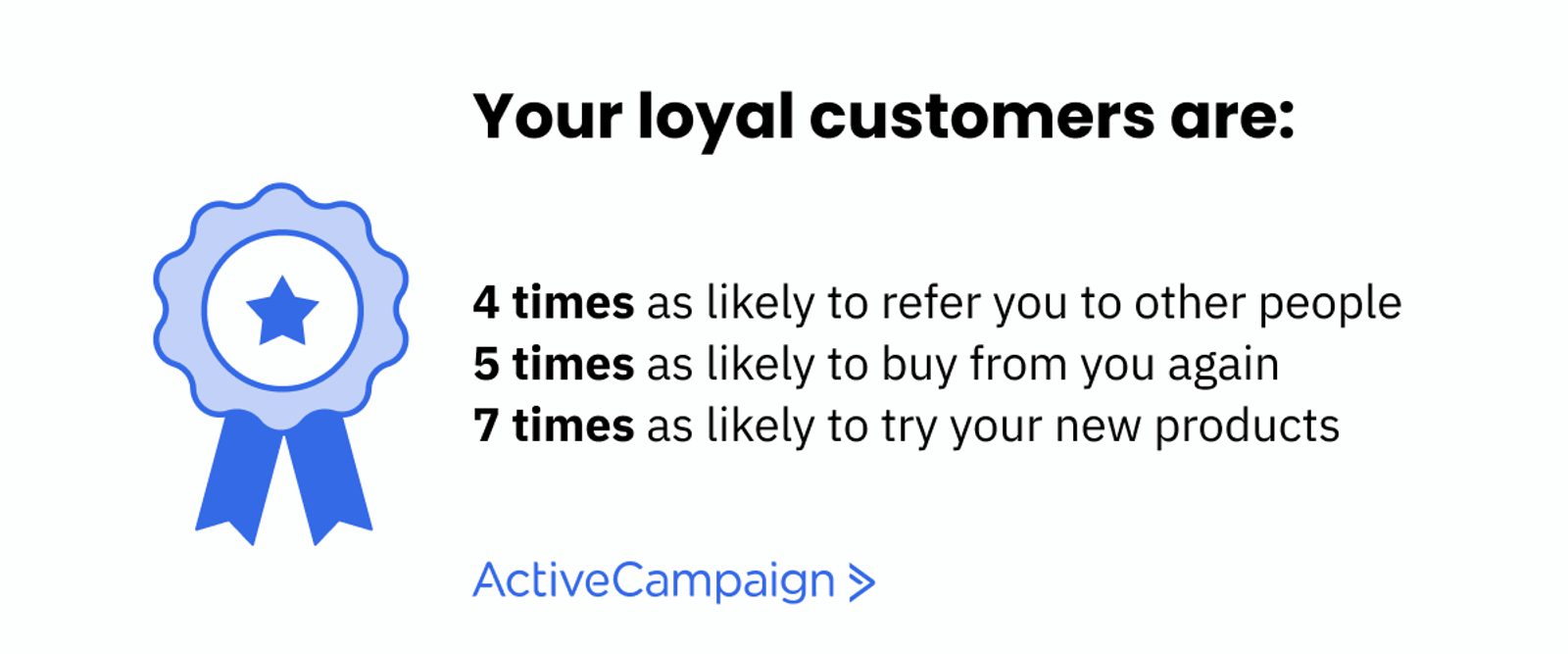
Creating loyal customers is the goal for customer service, and is a byproduct of strong customer service skills.
CSRs solve problems. The more problems they solve, the better they become at solving them. Celebrate each completed ticket to remain positive and get ready for the next one.
16. Creativity
“Problems are nothing but wake-up calls for creativity” – Gerhard Gschwandtner
Not every problem has a straightforward answer. Sometimes you have to improvise and find a new way to overcome it.
Creativity is a combination of a few skills:
- Collaboration (skill #10)
- Think about problems in a new way, learning how others approach problems helps you reframe your mind
Practicing these skills helps improve your creativity!
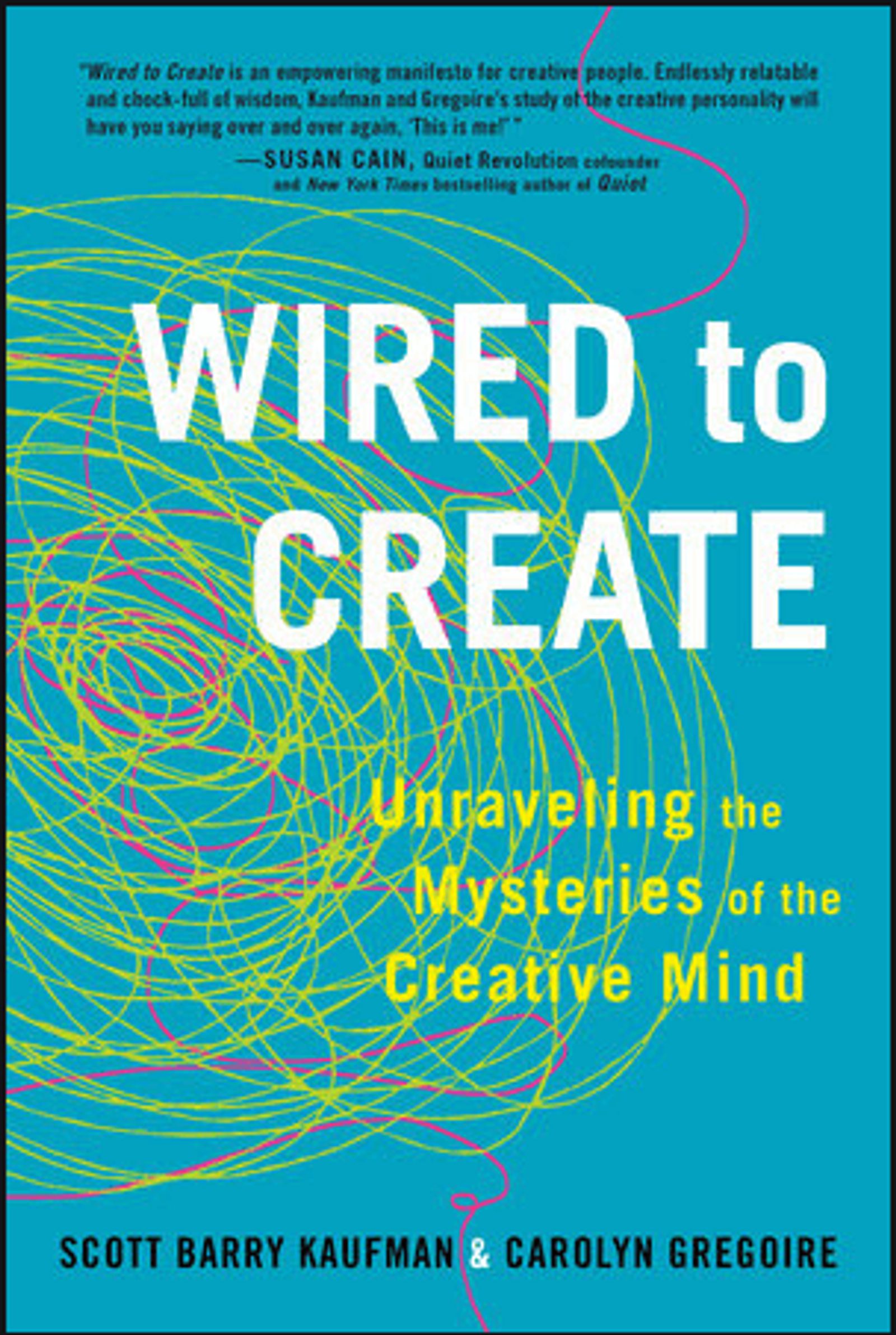
Creative people don’t shy away from a challenge. If, for some unknown reason, solution #1 doesn’t work, it’s not the end of the world. It’s just an opportunity to create solution #2.
17. Adaptability and flexibility
Customer service reps encounter unusual situations without any concrete instructions or protocols. These situations require the employee to react, trust their own judgment, and make a decision.
The best customer service reps:
- Expect everything and are surprised by nothing
- Adapt and change as needed
- Listen, assess, and respond according to what the situation and customer needs
If they’re not able to be flexible in each situation, their customer interactions will be like forcing a square peg in a round hole, and that just doesn’t work.
Every customer is an individual and that makes every customer interaction unique. CSRs that adapt to the individual will take control of the situation in a way that doesn’t take anything away from the customer.
Your customers will appreciate the specialized service and have positive customer experiences. These positive experiences lead to stronger relationships and customer retention.
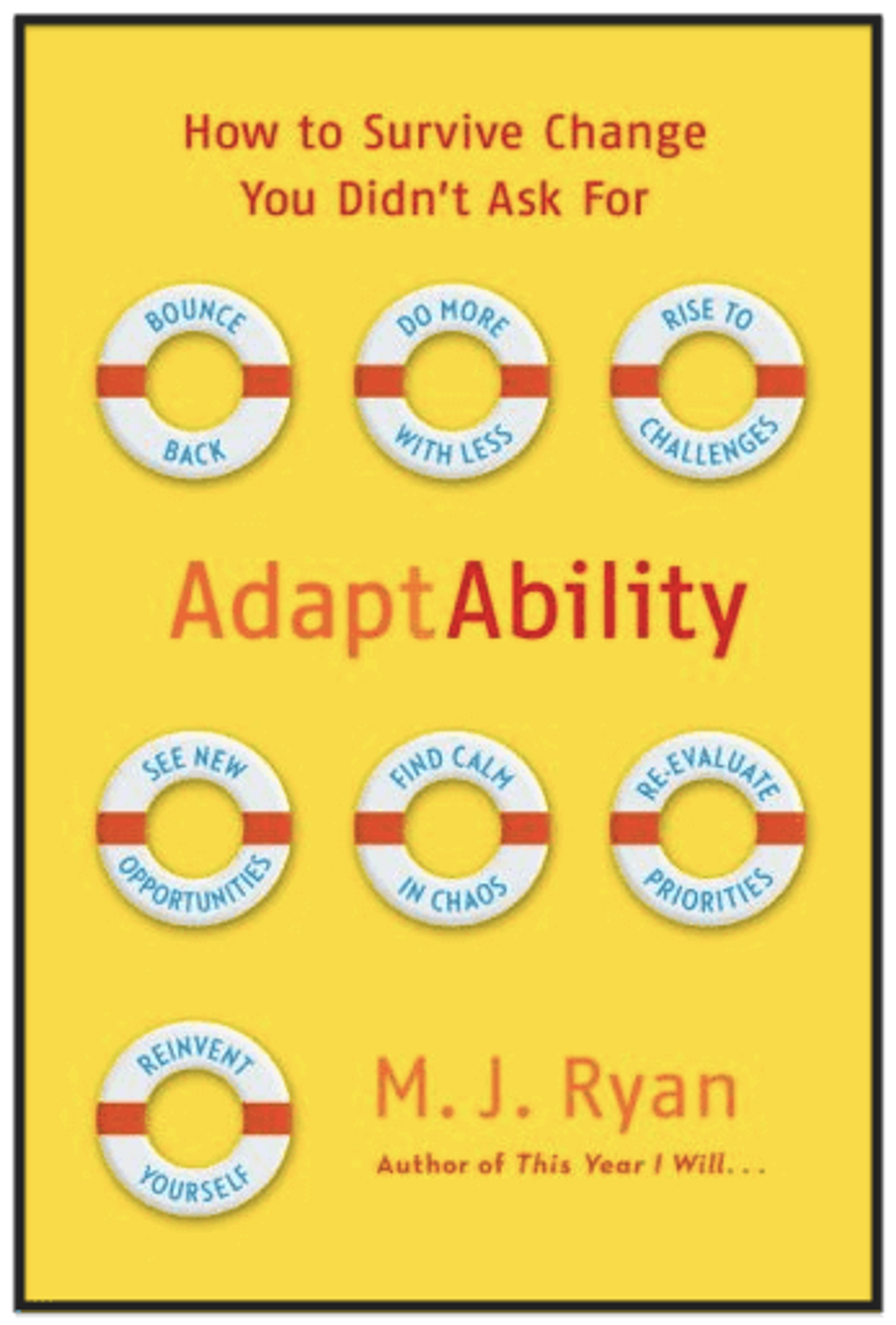
18. Positive attitude
It’s no secret that attitude is important. Not just your own, but also the attitudes of those you interact with. Encountering someone with a negative attitude has significant effects on work.
According to Christine Porath and Christine Pearson, dealing with rudeness at work leads to:
- Lowered quality of work
- A deliberate decrease in employee effort
- Lowered commitment to the organization
Customer service employees experience rudeness and negativity more than the average employee. Along with self-control (skill #2) and friendliness (skill #8), their attitude has a huge effect on customer retention.
Positive employees are more likely to build strong customer relationships, which leads to a 20% increase in sales. Not only that, but positive attitudes are contagious and improve quality of life. Customer service agents actually have the opportunity to change lives with their attitudes.
“The greatest discovery of all time is that a person can change his future by merely changing his attitude.” – Oprah Winfrey
If you want to improve at positive thinking you can:
- Give others a compliment
- Being nice to others has the same effect as trying a new and exciting thing
19. Positive language
Here’s a scenario: You’re offering a $500 solution to a customer who could get the same solution from a competitor for $800. Which sounds better?
- “It’s going to cost you $500.”
- “You’re going to save $300.”
It’s easy to why statement 2 will be received better than statement 1. The way that ideas are presented and phrased has a significant impact on their results.
In customer service, positive language could be the difference between: “Great! Sign me up!” and “There’s no way I’m paying that. We’re done here.” Confidence (skill #12) and positive attitude (skill #18) both help to reframe your mind. You’ll start to think and speak with positive language.
Using positive language makes CSRs more persuasive, likable, and easier to understand. People understand positive statements 30-40% faster than negative statements.

You can improve your use of positive language by taking a look at common phrases and coming up with more positive ways to say the same thing:
- You can’t do that → That might not work, try this instead
- I’ve been waiting for you to do this → I’m glad you got it done!
- This will take a long time → It will all be worth it in the end.
20. Ability to ‘let it go’
Sometimes, the battle can’t be won. Sometimes an angry customer says something that’s rude and insulting. Sometimes the customer’s needs can’t be met. What can you do?
“Let it goooooo.” – Elsa
There are some situations that cannot be saved or solved. In those situations, customer service agents need to accept it, take a breath, and move on to the next customer ticket.
Letting it go is easier said than done, and comes with practice. Acceptance and commitment therapy (ACT) offers some strategies for deciding when to ‘let it go’. Russ Harris’ put it best in his book, The Happiness Trap:
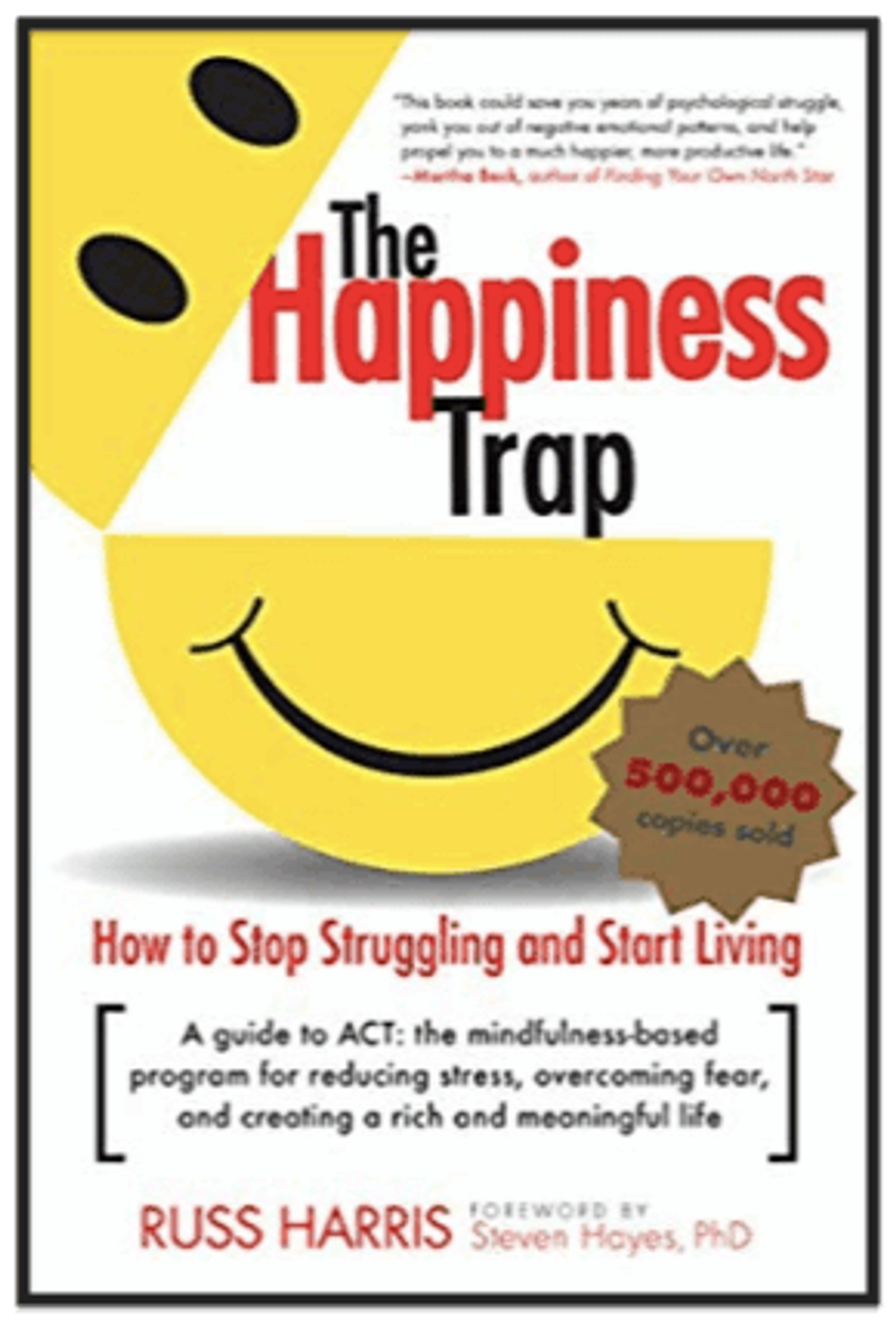
"In ACT, our main interest in a thought is not whether it’s true or false, but whether it’s helpful; that is, if we pay attention to this thought, will it help us create the life we want?" – Russ Harris
21. Listening skills
“Solving problems means listening.” – Richard Branson
To solve a problem, you first need to understand it. Listening to the customer helps you understand the problem and makes the customer feel heard and important. When a customer service employee rushes to solve the problem without listening to the customer it makes for a bad experience.
Listening requires:
- Attentiveness
- Patience
- Asking questions
Being attentive to your customer’s needs results in customer retention. Take Hipcooks, a cooking school on the West Coast that uses attentive customer service to retain 70% of their customers.
Here’s an example of attentiveness from the Hipcooks website:

Every situation is an opportunity to practice patience:
- Thinking through a situation
- Listening as a customer vents their frustration
- Waiting while a customer
- Finds their login info
- Searches for relevant information
- Pulls up their account in a screenshare
When customers feel rushed, they get frustrated. They feel more like a number and less like a human, making them less likely to remain a customer.
Ask questions to clarify a difficult problem. Listen to your customer’s tone and adapt to their needs. Customer service reps and sales development representatives both use this skill. The more you listen, the more you understand, and the easier the problem becomes to solve.
22. Personal responsibility
When customers have problems, they can reach out for help in a few ways:
- Start a live chat
- Open a support ticket
- Call the customer service line
- Visit in-person
From there, a customer support or service agent takes ownership of the customer issue. It’s their responsibility to work with the customer until they resolve the issue, solve the problem, or answer the question.
Once an agent is involved, they are accountable for that customer and they are the face of the business. They are responsible for providing excellent service and representing the company well.
In high ticket volume scenarios, CSRs can solve upwards of 40 issues every day. They need the personal responsibility to see every case through to the end. Managers lack the bandwidth to evaluate every ticket in real-time, so customer service reps have to hold themselves accountable.
If a ticket falls through the cracks or an issue remains unsolved, it takes an average of 12 positive experiences to make up for it. But chances are that you won’t get 12 more chances with that customer because they’ll move on to someone else.
Irresponsible reps mean poor customer experience and low customer retention.

23. Tenacity and resilience
Unfortunately, customer service reps don’t interact with happy customers too often. Customers only reach out when there’s a problem or they can’t figure something out. They’re frustrated and potentially angry.
Tenacity and resilience are customer service skills that help overcome this challenge. These skills help support reps:
- Attack the customer’s issues head-on
- Work with customers until they solve each problem
- Come back for more
Because after the current issue, there will be another one. A tougher one. A more frustrated customer. An outage that causes a surge of tickets.
Tenacity also means timeliness. Customers don’t like to wait. In fact, 66% of adults say the most important thing a company can do to offer a good online customer experience is to value their time. Successful CSRs are timely. They’re the first to respond to a chat, answer the phone, or claim a ticket.
Tenacious, resilient customer service reps rise to the occasion and ensure that customers are cared for. And when customers feel cared for, they stick around.
24. Willingness to go above and beyond
Customer experience matters more than ever. It’s the secret sauce that determines your success. After 1 negative experience, around half of customers will never do business with that company again. Your company can stand out by providing exceptional customer experience.

Reps who can consistently provide an excellent customer experience will win loyal customers and improve the business reputation.
25. Time management
Customer service is demanding. Support specialists need strong time management and organizational skills.
Without them:
- Customer issues fall through the cracks
- Problems go unsolved
- Quotas aren’t met
- Questions are answered incorrectly
- Wait times increase
- Customer experience suffers
Support reps need to be organized to manage their day. They must be diligent and thorough — but not to the point of time-wasting — and prioritize the most important and time-intensive tasks.
CSRs aren’t just managing their time, they’re working to manage the customer’s time as well. If they are efficient, the customer gets time back and so do they.
Successful reps know how to plan for long calls, unexpected issues, and difficult situations. They’re also able to adapt to inconsistencies and get their work done in spite of unexpected challenges.
How?
Here are 18 strategies to improve efficiency:
- Focus on most important tasks first
- Cultivate deep work
- Keep a distraction list to stay focused
- Use the Eisenhower Matrix to identify long-term priorities
- Use the 80/20 rule
- Break tasks into smaller pieces
- Take breaks
- Make fewer decisions
- Eliminate inefficient communication
- Find repeatable shortcuts
- Learn from successes as well as mistakes
- Plan for when things go wrong
- Work before you get motivated or inspired
- Don’t multitask
- Fill the tank—recharge
- Sharpen the axe
- Manage your energy (not just time)
- Get better at saying “no”
To learn more about each strategy, you can check out this article!
Conclusion: 4 ways to improve customer service skills
It takes a lot to be a successful customer service representative. Their skills are honed over time and with practice. Here are 4 ways to improve customer service skills:
1. Mandatory product training and updates
A straightforward way to improve technical skills is direct training. New product updates are sure to raise some questions and confuse some customers. Attending, leading, and participating in product training ensures that customer’s questions will be answered.
Their knowledge will increase, efficiency will improve, and customers will be happier.
2. Transparent feedback from customers
Looking at customer feedback from a customer service call is a great way to identify problem areas and reinforce positive actions.
The customer’s own words about an interaction help CSRs better understand their ability. They might uncover unknown issues with:
- Clarity of explanations
- Tone of voice
- Talking over a customer
- Self-control
- Patience
- Recurring situations
Customer feedback also inspires service reps to take pride in their work. Pride comes with the realization that you make a difference. Customer feedback brings this impact to your attention.
Feedback shows where reps are strong and where they’re lacking. It’s especially important for improving the ‘soft skills’ that focus on empathy, listening, and communication.
3. Transparent feedback from colleagues and managers
Feedback from peers gives valuable insight and uncovers subtleties that otherwise go unnoticed. Even better, providing feedback for a coworker helps the evaluator to better understand their work.
By analyzing your coworkers’ work, you might notice things they say or do that you can incorporate (or avoid) in your customer interactions.
4. Mock scenario training to hone skills and practice new ones
Practice makes perfect better. Mock scenarios give all the benefits of experience without a customer relationship at stake. Every customer service scenario is different, and you can prepare for a variety of them.
At ActiveCampaign, we train our customer success team by using our own platform. The mock scenarios prepare new hires for what they can expect from a standard customer interaction. The fake issues are graded for tone, correctness, and thoroughness.
This provides customer success specialists with an opportunity to improve their skills and prepare for real customer interactions.

